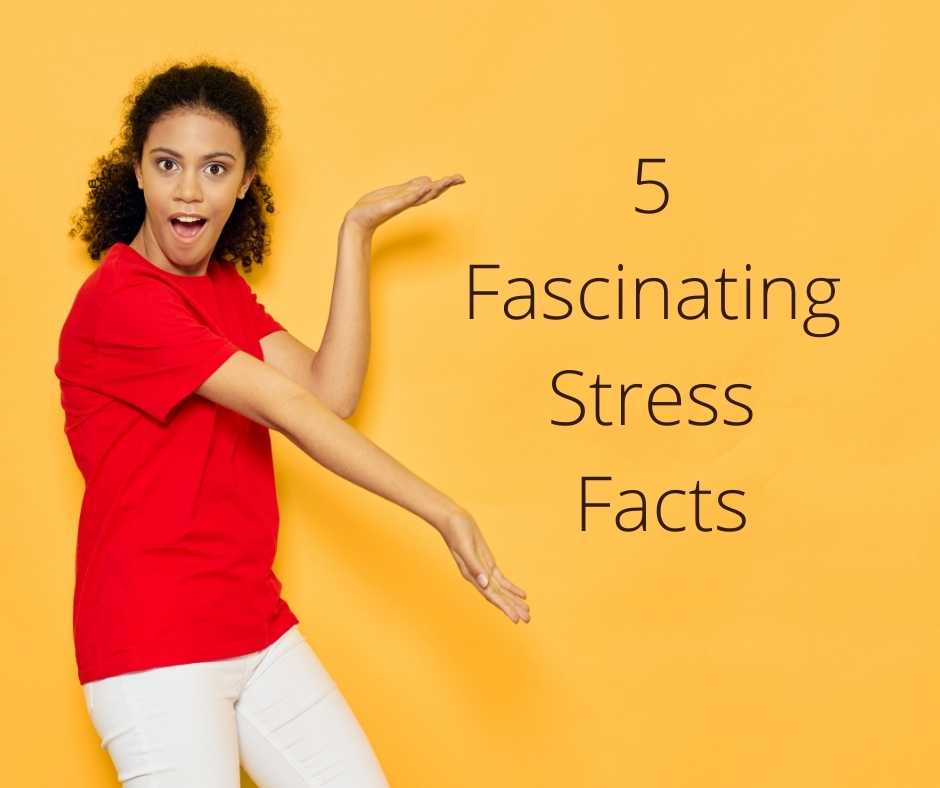As you may know, I am fascinated by stress. Why? Because I suffered from chronic stress for several years, it had a massive impact on my life. I have also coached hundreds of people with stress and seen the damage it can cause. I became obsessed with researching and learning about stress and discovered a maladaptive, fascinating science, which led to an understanding of how to tackle this frustrating process.
Before we kick-off, here’s a quick “Biology 101 definition of stress: Stress is “the physiological or psychological response to internal or external stressors. Stress involves changes affecting nearly every system of the body, influencing how people feel and behave”. Chronic stress is “the physiological or psychological response to a prolonged internal or external stressful event (i.e., a stressor). The stressor need not remain physically present to have its effects”. (American Psychological Association Dictionary).
Fascinating fact 1. Animals get stressed too. Animals get stressed when their basic needs are not met. So they might get stressed when for example:
- There is a change in food supply
- When their safety is threatened (from predators, humans and other animals)
- In extremes of temperature, loud noises, illness
- Changes in the environment
- Death of a family member
- Being shunned or badly treated
The more rigid their needs, the more likely they are to get stressed. For example, a pet fed only one brand of food for long periods will get stressed when offered a new food brand and may also get stressed when their owner moves house.
This tells us that human stress can occur when we perceive that our needs are not met. Additionally, the more rigid our expectations, the more likely we are to get stressed.
Fascinating fact 2. We have “caveman’s” brains. Human brains have changed little since we were cavepeople 10 thousand years ago. Back then, the stress reaction was beneficial: it protected us from the ever-present dangers of predators, extreme weather, poisonous food, competing tribes, etc. We needed to be alert and ready for action… to take fight, run away (flee) or hide (freeze). Once the danger had passed, our caveman ancestors would return to a non-stressed state, conserving energy for the next threat. Today the same stress reaction is triggered regularly by events that are non-life-threatening or even by our thoughts. In addition, many of us suffer from chronic stress: Stress that lasts for weeks or months, and it is this stress that is maladaptive and causes harm. As you learned, animals get stressed too, but humans are likely unique in that we can “mental time travel.” It’s a remarkable ability until we start getting stressed about things that happened long ago or about things that we imagine may occur in the future.
Fascinating fact 3. Stress shuts down parts of your body. When you are acutely stressed, some of the systems in your body shut down. As you just learned, the stress reaction is all about surviving danger. The body has limited resources (oxygen and fuel), so when you are acutely stressed these resources are diverted away from systems not essential to survival to the heart, lungs, parts of the brain (including the amygdala), and skeletal muscles. The systems that lose out include the gastrointestinal system (guts), reproductive system, immune system, and prefrontal cortex of the brain. There is no need to digest, reproduce, fight bacteria or viruses, or engage in high-level thinking or planning when you might die at any moment. Symptoms may arise such as abdominal bloating and pain, infertility, getting ill with an infection, autoimmune symptoms, reduced cognitive abilities, emotional regulation, and memory.
Fascinating fact 4. There is a neurological seesaw in your body. The autonomic nervous system (ANS) is responsible for unconsciously regulating many of the body’s processes. It has two parts that operate like a seesaw. The sympathetic nervous system is mobilized during stress or demand (mental or physical exertion). Heart rate and blood pressure increase, breathing quickens, and muscles tense. The parasympathetic nervous system relaxes and calms the body and mind and activates healing and digestion. Parasympathetic activation occurs post-exercise and during deep diaphragmatic breathing, mindfulness practice, listening to calming music and spending time with calming people.
Fascinating fact 5. You have your unique flavor of stress. Most stress today is caused by a clash between reality and our “model of the world.” Model of the world is a Neuro-Linguistic Programming term that describes the unique way we perceive the world. It is so unique because our brains are highly complex and wired uniquely. Think that life should be a certain way, and it is not, you will be stressed. Believe you are not good enough, that you are not loved, or the world is a cruel place, and you will be stressed. Give a negative meaning to your experiences, and you will be stressed. It can be tough to understand other people’s stress triggers when their model of the world is so different from our own.
Stress is alarmingly common and causes many people harm. The good news is that you can learn to master your stress and take command of your mind, and when you do, you can improve your mental and physical health, performance, and relationships and learn to love life!
Want to learn more about stress, taking command of your mind, and designing the life you want to be living? I am here to help. Please get in touch.
